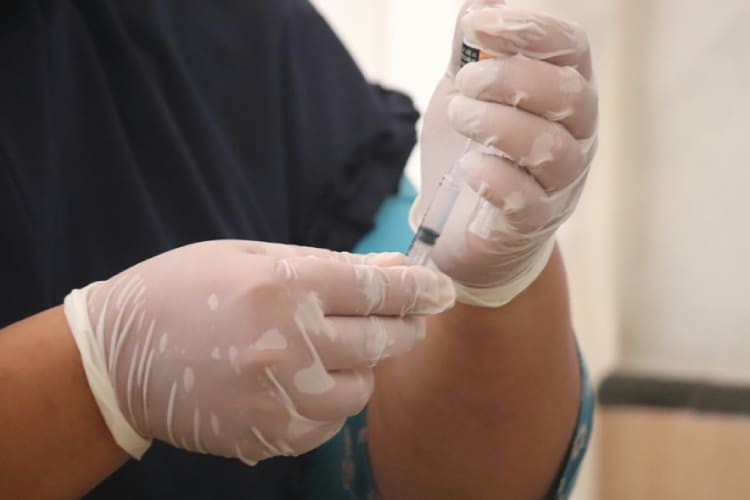
@ShahidNShah


Antibodies are viewed as basic reagents in immunological examination since they provide data about the pathophysiologic procedures of disease and potential therapy. The data you obtained in your research can be actually or even totally spoiled with the help of bad-quality antibodies. That is why they are so important, and here is how you can make sure you are using the right ones.
Immunoglobulins or antibodies are proteins with Y-shaped structures which are produced by B cells to combat antigens. They are synthesized as immunoglobulins and can interact with certain antigens, such as pathogens; hence, the immune system targets them for destruction. As a result of this fundamental role, they must be emphasized in diagnosis and research activities.
There are several types of antibodies, each with unique properties.
An antibody has a Y shape and is composed of two heavy chains and two light chains. The extreme ends of the Y (the variable regions) interact with the antigens, while the stem (the constant region) interacts with other elements of the immune system. To design and utilize antibodies in research, it is necessary to comprehend the structure presented in this article.
Antibodies binding to antigens can neutralize pathogens directly or mark them for destruction by other immune cells. This function is harnessed in various laboratory techniques to detect and quantify specific proteins. You can find more detailed information on resources such as https://gentaur.co.uk/learning. Quality antibodies provide specificity and reproducibility, which are essential for reliable research results. Poor-quality antibodies can lead to false positives or negatives, wasting time and resources.
Antibodies have broad applications across different research areas:
Diagnostic Applications
Therapeutic Applications
Basic Research
Researchers can unlock new insights into disease mechanisms and develop novel therapies by understanding and utilizing these applications.
The selection of the right antibodies is one of the most critical factors determining your research’s success. High-quality antibodies provide the right results and can be repeated. Here are some key criteria to consider:
When considering these criteria, you can identify the right antibodies that will work as expected and meet your research objectives.
For any immunological work, it is, therefore, essential to obtain good-quality antibodies. They help make the results accurate, repeatable, and consistent, which are critical to generating acceptable results. This paper has aimed to present information on what antibodies are, the uses of antibodies, and the factors one needs to consider when choosing quality antibodies so that researchers can make the right decisions that will help improve their work.
Sourcing antibodies from reputable suppliers can greatly affect the quality of your research. Accurate suppliers offer validated antibodies and good technical support, crucial for problem-solving and fine-tuning the experiments. In conclusion, ensuring that high-quality antibodies are obtained will prove to be time-saving cost-effective, and increase the reliability of the outcome. This rigorous practice makes your research firm and paves the way for more discoveries and improvements in immunology.

Chief Editor - Medigy & HealthcareGuys.
As we look towards the future, it’s clear that technology will play an increasingly central role in shaping the healthcare landscape. From advancements in artificial intelligence to the rise of …
Posted Jul 18, 2024 Health Technology Healthcare Innovation
Connecting innovation decision makers to authoritative information, institutions, people and insights.
Medigy accurately delivers healthcare and technology information, news and insight from around the world.
Medigy surfaces the world's best crowdsourced health tech offerings with social interactions and peer reviews.
© 2025 Netspective Foundation, Inc. All Rights Reserved.
Built on Apr 21, 2025 at 5:57am